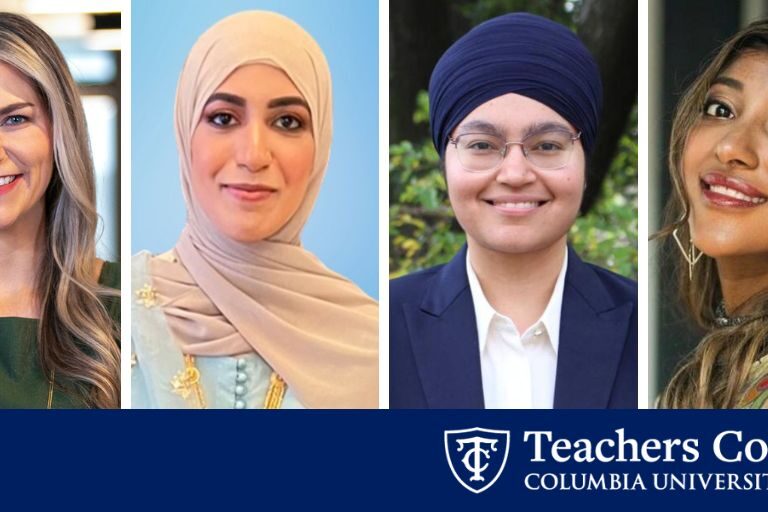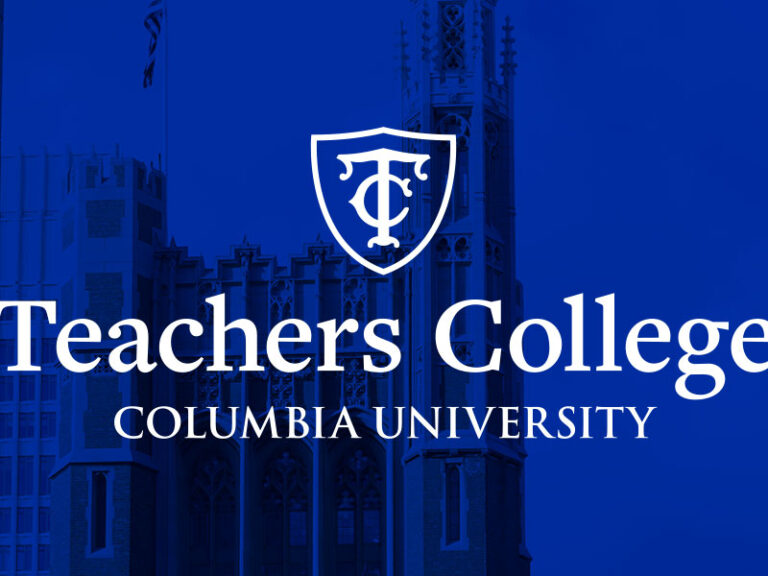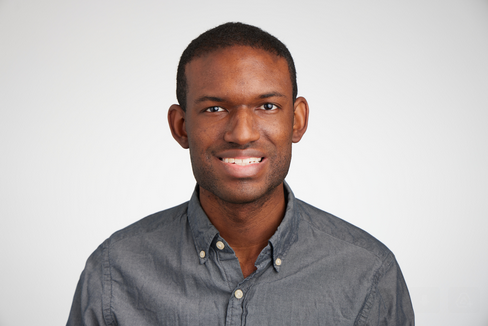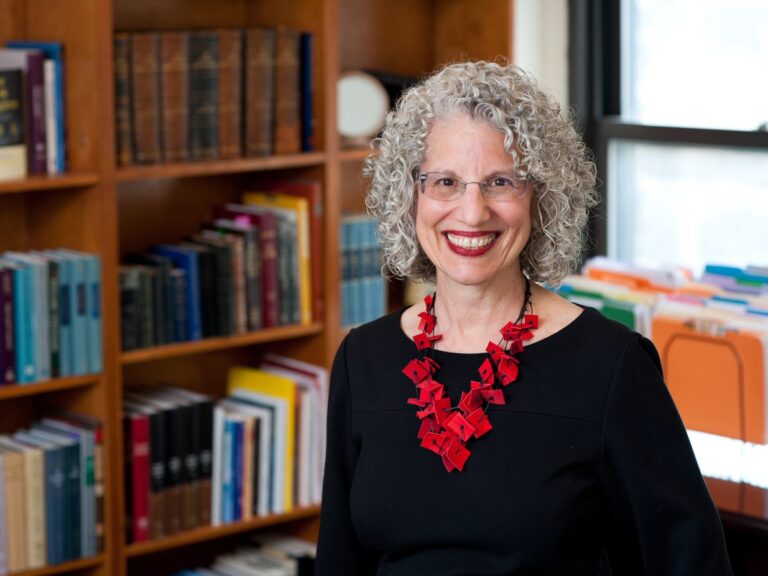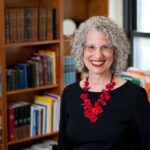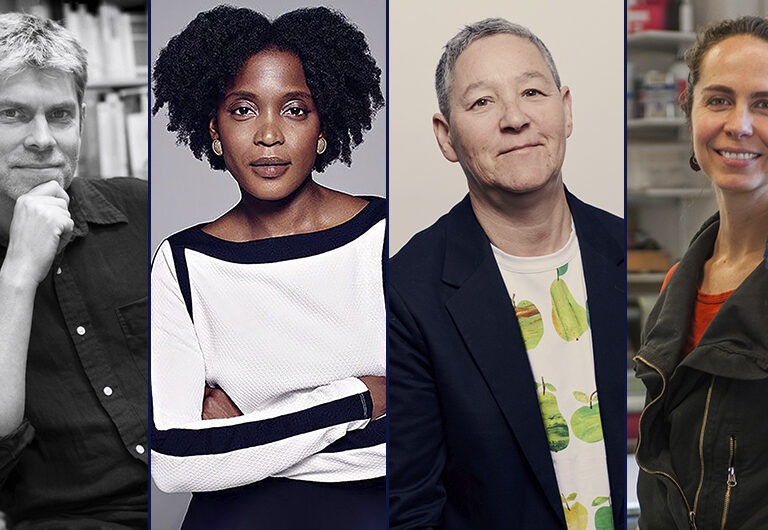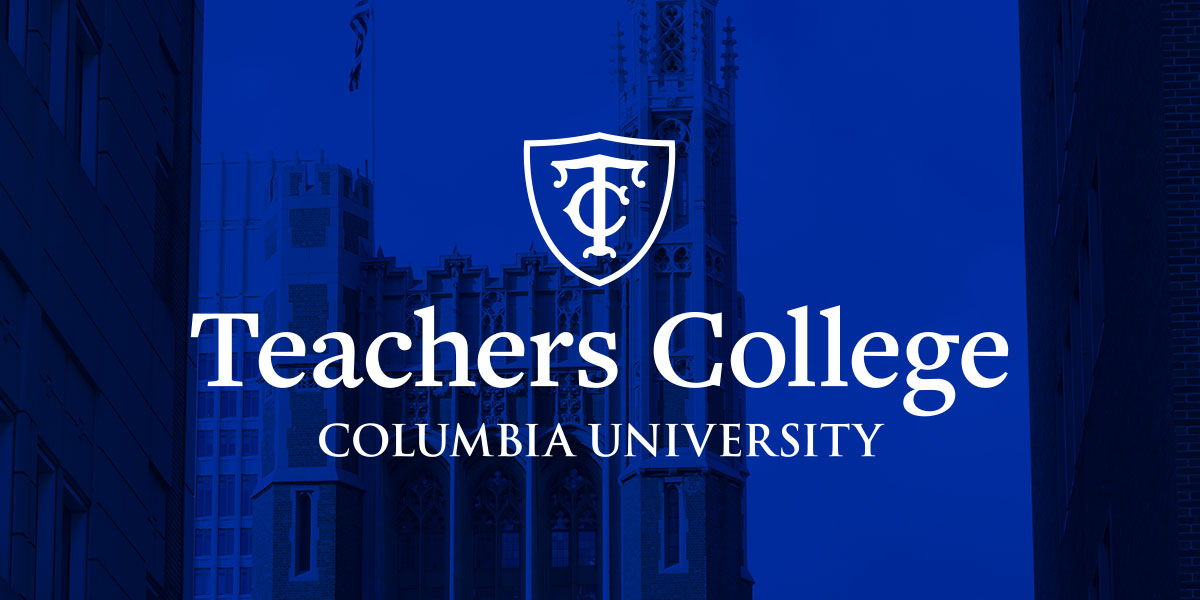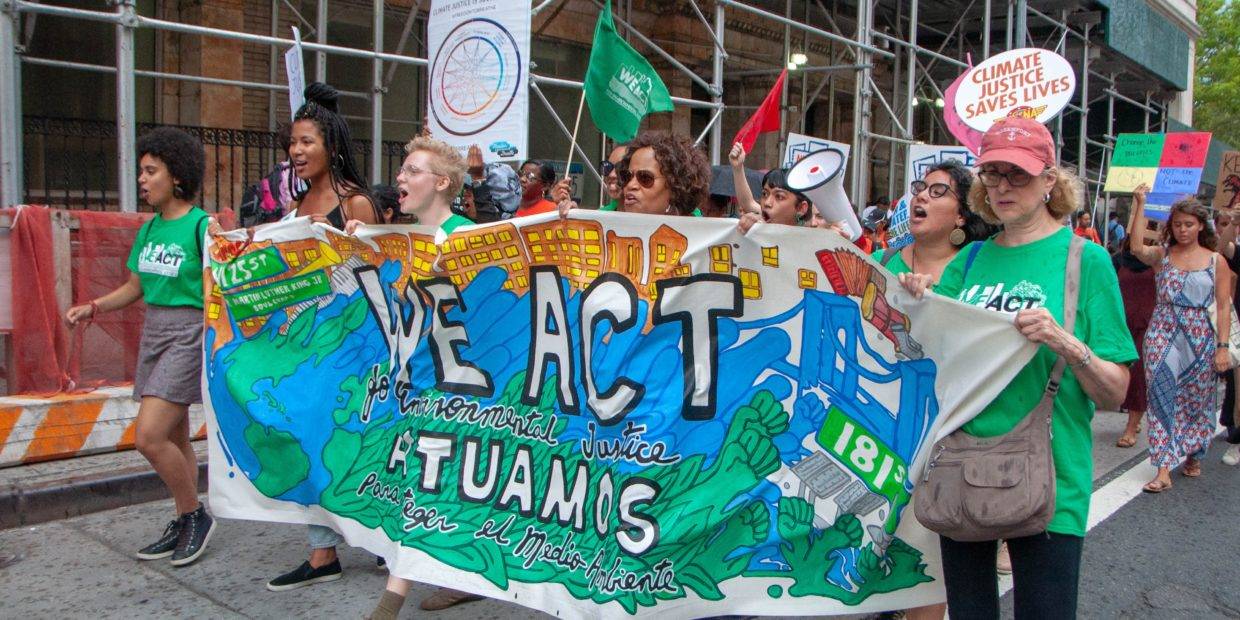With Convocation drawing near, the Class of 2024’s student speakers will prepare to take the stage, and share remarks and reflections on their time at Teachers College.
Learn more about this year’s honored student speakers — from across TC’s education, health and psychology programs — and tune into their remarks during Convocation ceremonies on May 14 and 15.
Amber Barger (Ed.D. ’24, Adult Learning & Leadership)
Teachers College Building
Hometown: Houston, Texas
What Inspires Her: Barger is inspired by her formative years serving in the Peace Corps when she facilitated grassroots projects in rural Mongolia. Collaborating alongside local leaders and stakeholders, she mobilized creative solutions to address the community’s most pressing challenges. “My drive for leading and growing organizations comes from seeing the real difference it makes when people who care come together to tackle problems and achieve breakthroughs—that’s what really improves our world.”
How She Makes a Difference: Barger brings a scholar-practitioner lens to build award-winning people development programs that yield measurable results for organizations. “I believe a better working world is one in which organizations activate the greatness within each of their people to create long-term value.” Daily, you can find Barger coaching behavior change, developing high-performing teams, and facilitating large-scale business transformation; she helps people adapt to the future of work.
Her most recent doctoral research is at the intersection of artificial intelligence and professional coaching, proving that AI coaches of the future can be just as effective as human coaches in building relationships with clients, providing coaching experiences, and helping clients attain their goals.
What’s Next: After Convocation, Barger plans to continue leading global teams to create individual and collective people experiences that positively impact how we grow and flourish in the workplace.
Isma Kafayat (M.A. ’24, Deaf/Hard of Hearing)
Teachers College Building
Hometown: Brooklyn, NY
What Inspires Her: Working to eliminate the stigma surrounding disabilities, particularly within the deaf community. “Witnessing the limitations imposed on deaf individuals due to misconceptions about their potential has been a driving force behind my passion for advocacy,” explains Kafayat, who hopes to challenge stereotypes and empower others to recognize the potential within the deaf community.
How She Makes a Difference: As the president of the ASL club, Kafayat has led initiatives that promote deaf culture, language and community engagement. She has organized various events that raise awareness about deaf culture and communication barriers. Each event provides a valuable opportunity for students to learn and better understand the deaf community.
Kafayat is also a recipient of TC’s Abby M. O’Neill Fellowship , which recognizes her dedication to advocating for the deaf community. “This scholarship serves as a platform to amplify my efforts among the deaf community,” says Kafayat. “My experiences at TC have reinforced my commitment to service and advocacy and I am proud to have fostered greater understanding, inclusion and support for deaf individuals within my school and beyond.”
What’s Next: After completing her tenure at Teachers College, Kafayat plans to pursue her doctorate degree in Deaf Education and will teach at a deaf school for the next two years, while expanding her non-profit organization. “My goal is to ensure that learning becomes more inclusive and accessible for all.”
Jalnidh Kaur (Ph.D. ’24, Economics & Education)
Teachers College Building
Hometown: Ludhiana, Punjab, India
What Inspires Her: Her work as a teacher in rural India as well as her role and identity as a parent. “Being at the intersection of science and motherhood exposes one to new challenges and unique perspectives while also breaking stereotypes for female academics in the field.”
How She Makes a Difference: Kaur’s research focuses on understanding how information, beliefs and psychosocial tools can be leveraged to overcome adversity and enable people to realize their full potential. Through her work, she hopes to develop rigorous and actionable evidence to answer pressing policy questions that stand to improve welfare across the developing world.
A big part of Kaur’s dissertation research examines the role of teachers’ beliefs in shaping teachers’ efforts and student learning in low-income settings. “I’m particularly proud of this work. It has been a meaningful pursuit and a labor of love for the last six years of my time as a doctoral student at TC,” she shares. “My work has been cited by the World Bank and has expanded our understanding of interventions that work to empower teachers.”
What’s Next: Kaur will assume a new role as faculty at the Adam Smith Business School at the University of Glasgow in Scotland.
Maya Rajah (M.A. ’24, Psychology in Education)
Teachers College Building
Hometown: Singapore
What Inspires Her: Practices and experiences that foster authentic inner and outer kindness.Through daily meditative practices, Rajah has nurtured an unwavering inner friendship with herself, which inspires warmth and care within her interactions. She believes that kindness and compassion are vital pathways to lasting connection and peace.
How She Makes a Difference: Rajah’s collaborative research with several organizations reflects her commitment to promoting flourishing mental health globally. She has partnered with Global Action for Mental Health to research and develop a community-oriented psychosocial rehabilitation center in Bungoma, Kenya. Additionally, she helps the VIA Character Institute spearhead research on an AI-powered character strengths coach to enhance global access to strengths-based interventions. Rajah also works with Sol, the top U.S. spiritual wellness app, to foster interfaith dialogue and spiritual pluralism. This work complements her contributions to the executive committee of IPPA’s Spirituality and Meaning Division, where she helps aggregate research on spirituality and meaning in life. Her work across these platforms leverages modern technology and innovative strategies to foster a more compassionate and interconnected world.
What’s Next: Rajah plans to pursue doctoral studies to further explore how positive emotions and emotion regulation impact self-perception and relationships. Drawing on her extensive experience in mindfulness meditation and yoga, she will also continue facilitating groups, fusing scientific insights with experiential learning to empower and uplift others.
Published Friday, Apr 26, 2024

